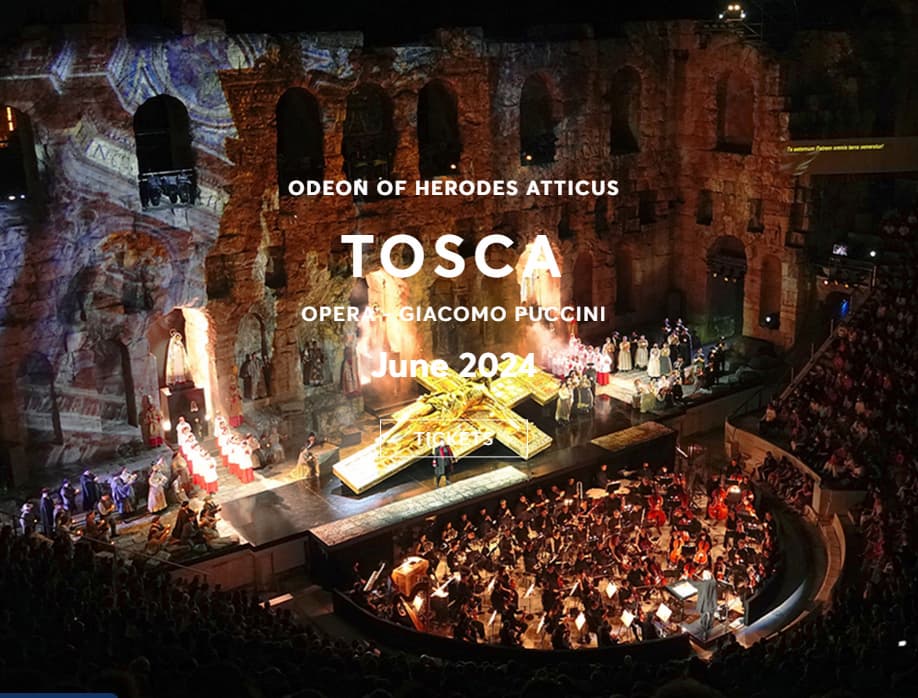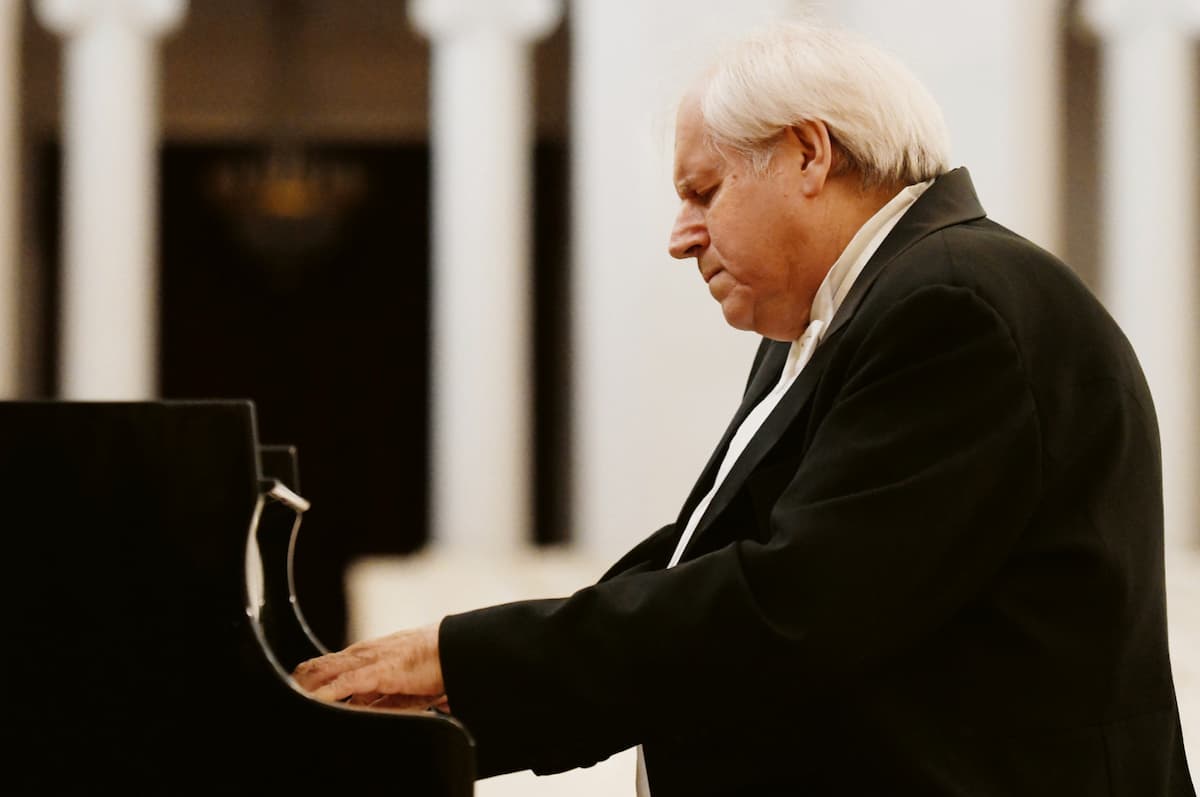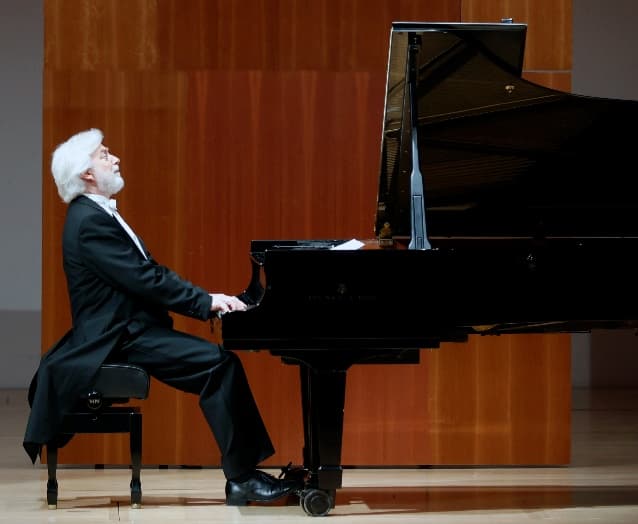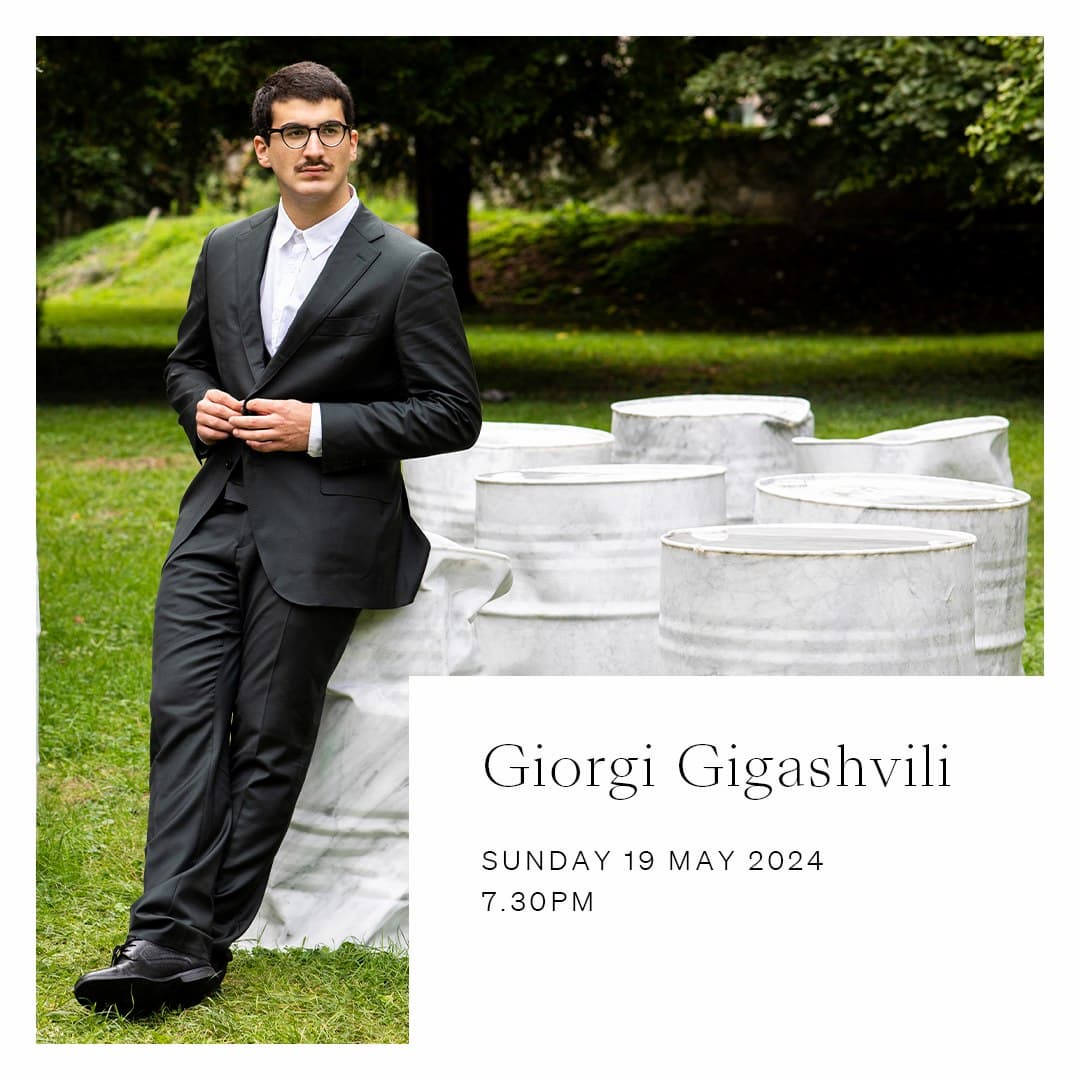This year, as part of the French May Festival, pianists Niu Niu and Théo Fouchenneret give a concert exploring the world of two-piano music. Distinct from the piano duet, where two performers share the same instrument, two-piano music opens up a whole new dimension of colour, expression, and intensity.
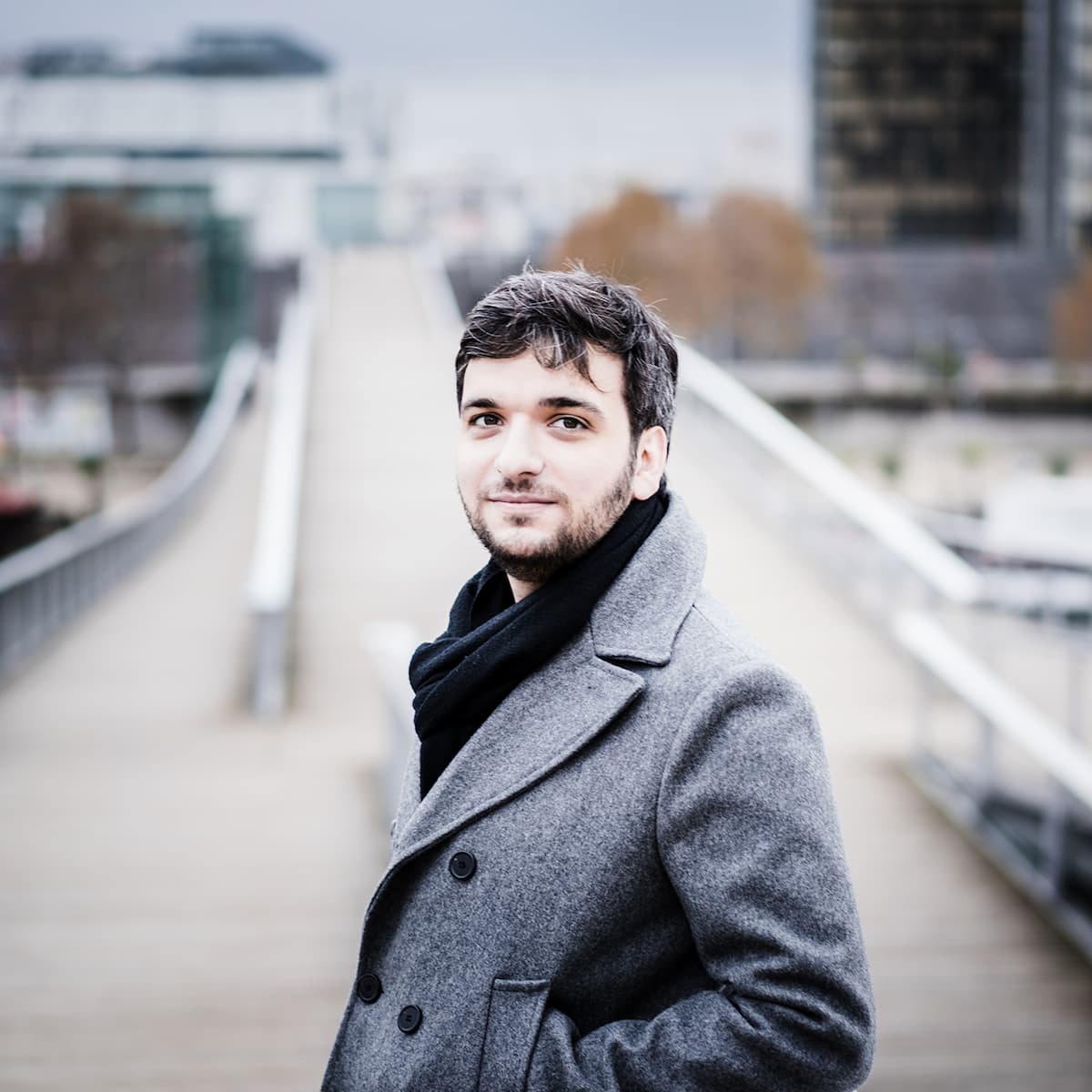
Théo Fouchenneret © Kaupo Kikkas
From an arrangement of Ravel’s La Valse to the fourth movement of the Yellow River Piano Concerto via Rachmaninoff, Bizet, and others, Harmony of Two Pianos promises to be a fascinating exploration of this unique sound. I talk to Théo ahead of the concert, ahead of his first visit to Hong Kong.
Théo Fouchenneret : Chopin, Ballade No. 3 en la bémol majeur op.47
How does it feel to be part of the French May?
I think it will be a really great experience. I saw some photos of the hall – it is beautiful, so I’m quite excited about that!
How did you decide on the programme?
I think we both wanted it to be a meeting of both cultures, so we just discussed the two-piano repertoire, and Niu Niu and I agreed on every piece. It was really easy to decide.
Have you worked with Niu Niu before?
Hong Kong will be the first time I meet him. I’ve obviously heard his recordings and what he’s doing, and he’s a fantastic pianist. I’m really happy to play with him.
Niu Niu Plays Beethoven’s Moonlight Sonata (1st mov)
Do you often play two-piano music?
In France, there is a lot of twentieth-century repertoire for two pianos and percussion. I’ve played the Bartok Sonata for Two Pianos and Percussion a lot and also recorded the Brahms two-piano music with Eric Le Sage. So it’s not my first time playing two-piano stuff, but normally the repertoire is very specific – this time it will be more universal.
I think playing with two pianos is much easier than four hands on one piano, because with four hands the work is really precise, like a string quartet actually. With two pianos we each have more space to express ourselves, and it’s really pleasant to feel the powerful feeling of two pianos.
Schubert : Fantaisie en fa mineur op 103 D 940
Is playing with another pianist different to working with other instruments?
Yes. It’s really different because when I play with a string quartet or wind instruments, I don’t need to match my sound with them so much. Obviously, I need to match a little bit but it’s not to the same extent with two pianos, because you really are in front of somebody who’s playing the same instrument so we have to connect in a really deep way, in terms of imagination, of sound.
When we play with our own family of instruments it’s always different to playing with others. We all have our own ways of thinking about the piano and its technique, so we have to find a solution, a way to play together.
Is there a piece in particular that you’re most excited about?
I love all the pieces, but in the programme, I’m excited to have one small piece of Germaine Tailleferre, the Toccata. It’s not played very often, but it’s a piece that I really love. It’s a very short piece, very colourful, very beautiful and it’s also really well-written for the two pianos. I’m really happy that Niu Niu also liked it and agreed to put it on the programme.
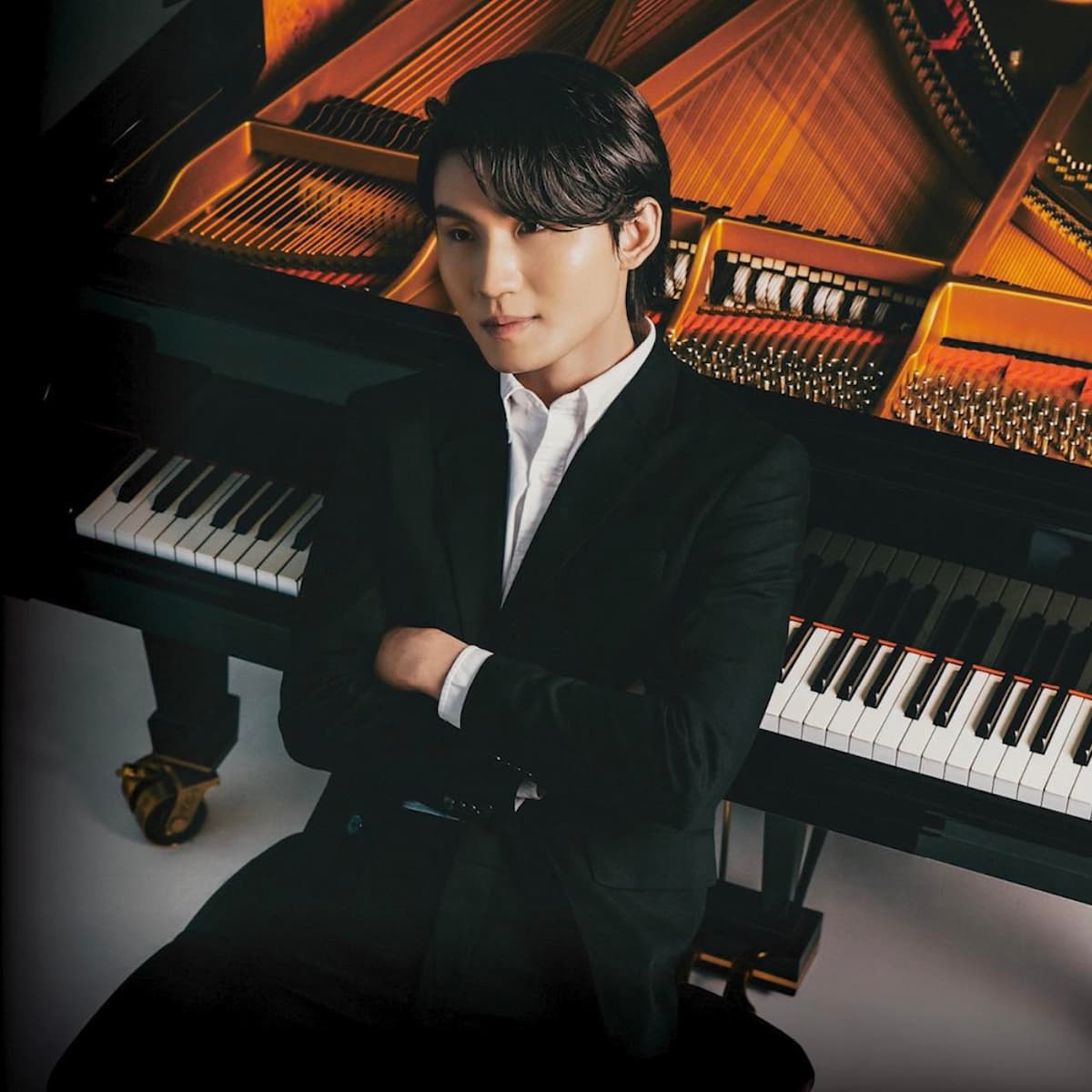
Niu Niu
The concert takes place at 8pm on 12th May in the Cultural Centre Concert Hall, followed by a masterclass on the 13th. Tickets can be found here.
For more of the best in classical music, sign up to our E-Newsletter

